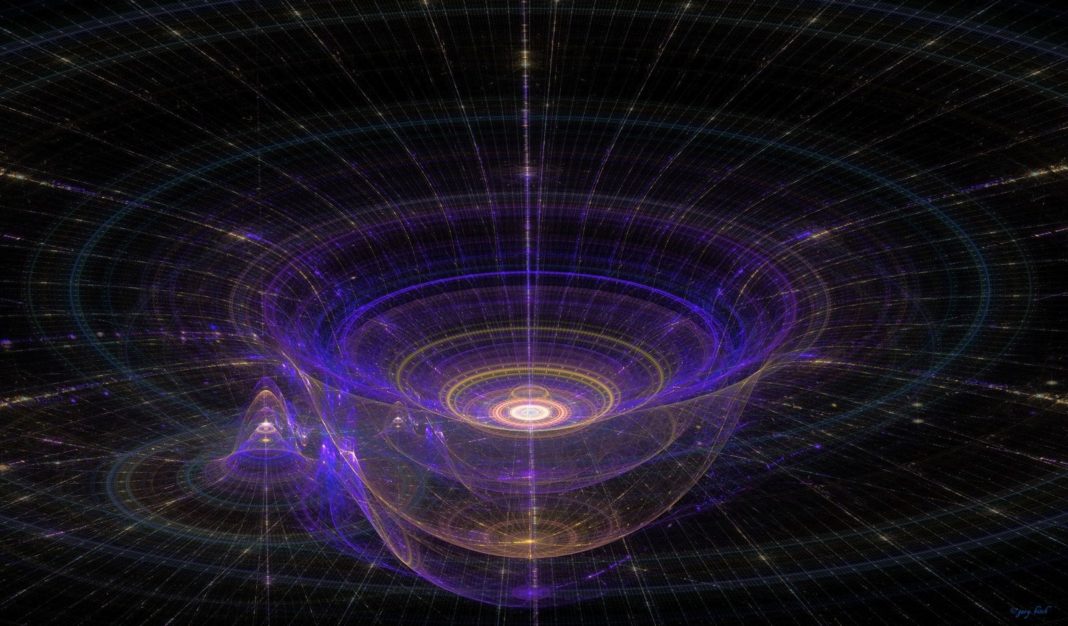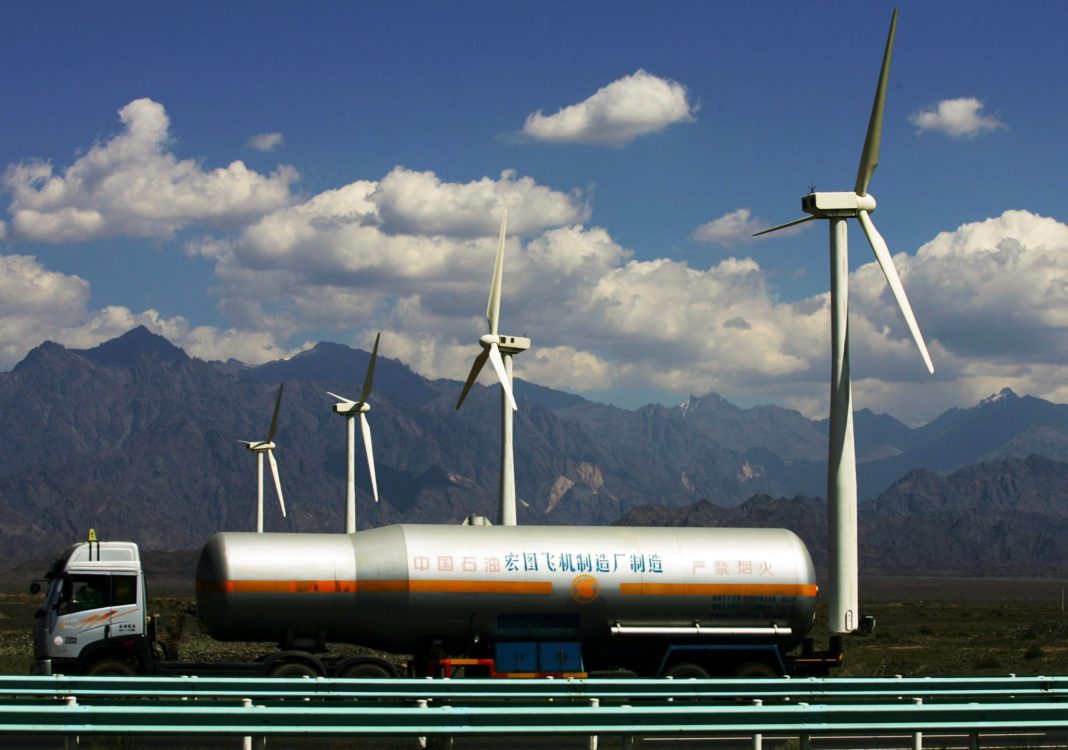Albert Einstein was a brilliant man; there’s no denying it. But, what he proposed about gravity, and what we have believed for a long time, may not be quite right. It was first proposed back in 2010, that gravity doesn’t work in the way that Einstein hypothesized, and there is now evidence to prove so. The study that was conducted was done on more than 30,0000 galaxies, and the new hypothesis that has arisen as a result is referred to as ‘Verlinde’s hypothesis of gravity’ after Eric Verlinde, creator of the hypothesis and theoretical physicist from the University of Amsterdam.
The problem with Einstein’s theory of gravity is that, even though it’s widely accepted throughout the physics community, it doesn’t account for everything within the universe. Verlinde, on the other hand, takes a different approach to tackling gravity. His idea is that gravity is a side effect of what is happening in the universe and not the cause. But, not much more had been done with the theory since 2010, until a team at Leiden University in the Netherlands decided to test the theory and came up with positive results. The testing involved analyzing the distribution of matter of 33,000+ galaxies and involved studying gravitational lensing, which is a tried and tested method of measuring dark matter. However, the team discovered that is they just take Verlinde’s modified gravity theory into consideration; there was no need to factor in the idea of dark matter.
Visit Trendintech’s Facebook Page to Earn 25$ Amazon Gift Card
Upon comparing the results of the team’s testing and Einstein’s predictions, it was found that they both work. However, with Einstein’s theory and the presence of dark matter, four free parameters were needed to match the team’s observations, but with Verlinde’s theory, none were needed. Margot Brouwer, the leader of the research, says, “The dark matter model fits slightly better with the data than Verlinde’s prediction. But then if you mathematically factor in the fact that Verlinde’s prediction doesn’t have any free parameters, whereas the dark matter prediction does, then you find Verlinde’s model is performing slightly better.” But, it will still be some time before Verlinde’s theory is accepted over Einstein’s (if ever), no matter how much proof there is. Brower goes on to say, “The question now is how the theory develops, and how it can be further tested. But the results of this first test looks interesting.”
More News To Read
- Can Trump Get Apple to Produce its Phones in the USA?
- These Brain Tests Predict Which Children Might be a Danger to Society
- Saving Power with Technology; The new Wi-Fi system that uses 10000x less power
- Google’s Lost Patent Could Be the Answer to Stopping Hackers
- Energy Harvesting Pavements Could Be Coming to A Street Near You











